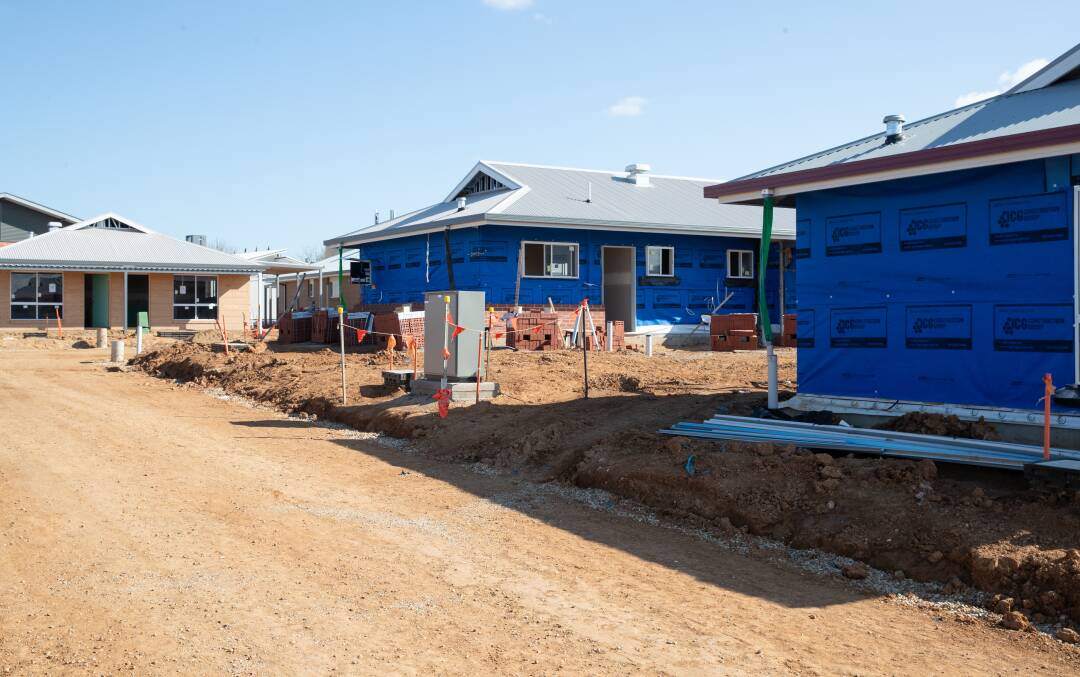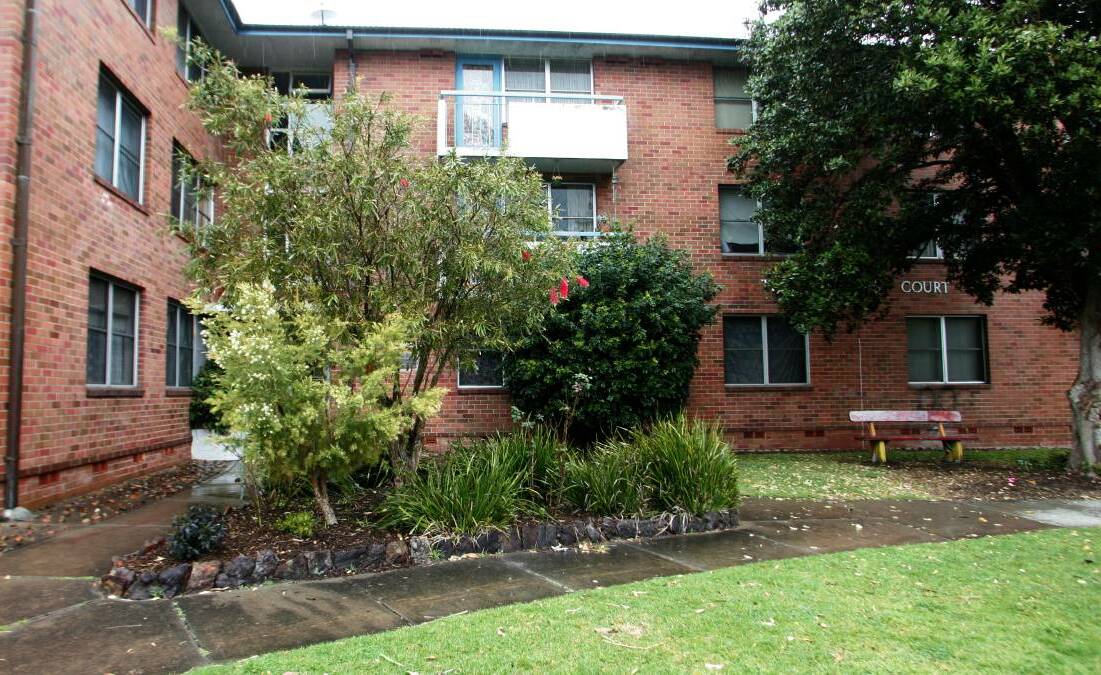
The number of priority social housing cases in one Hunter area has almost doubled in 12 months according to new data that has housing bodies pleading for urgent investment to fix the "human catastrophe".
The NSW government data shows the number of people on the social housing waitlist has grown in Newcastle, Lake Macquarie East, Port Stephens and Raymond Terrace between June 30, 2022 and June 30, 2023.
The number of "priority" cases in those areas have also all increased.
One service provider said the situation had forced young people to couch-surf, live in overcrowded dwellings, and alarmingly, befriend older men to have somewhere to live.
The largest spike in priority cases was in Raymond Terrace, where the expected wait for any type of social housing is more than five years. The number of priority cases jumped from 37 to 66 in 12 months.
Newcastle had 1770 households waiting for a dwelling at June 30, and 123 priority cases.
Across the Hunter, the median wait time for social housing at June 30 was 22.5 months - on par with NSW, while the wait for priority housing was 3.2 months - 0.2 above the state figure.
Jen O'Sullivan, who is the CEO of youth housing service Path 2 Change, said the situation was dire.
"At any one time we have over 200 kids on our books, and seven case workers to deal with that many kids," she said.
She said clients who couldn't find housing were couch surfing, living in overcrowded dwellings and young girls were befriending older men and staying with them.
"We had one client sleeping in their car, one in a tent down at the beach before they got moved on," Ms O'Sullivan said.
Young people already faced barriers to housing, Ms O'Sullivan said, due to being on lower incomes and not having a rental history, but added cost of living pressures and a tight rental market made the situation even harder.

It comes as the NSW government has agreed to publish data on social housing more often, "to give stakeholders, the sector and people waiting for social housing a clearer picture of need".
Median waiting times will now be published quarterly. The data was previously reported annually and last year it was released in December, meaning it was six months old by the time it was made public.
"Providing accurate and timely data about the number of people on the social housing waiting list and the median waiting times for particular locations is critical to understanding current and future demands," Minister for Housing Rose Jackson said.
"This is part of our commitment to transparency and being open with the community about the problems with the current social housing system.
"This is the harsh reality of our housing crisis. Everyday thousands of vulnerable people wait for the day they have a secure roof over their head. The only way we're going to get them off the housing waitlist is by getting people into homes."
Community Housing Industry Association (CHIA) NSW has congratulated the government for improving transparency about the problem, but called for an urgent and coordinated response to fix it.
"The explosion in the numbers of households on the priority housing waitlist is a human catastrophe with NSW's most vulnerable families in immediate crisis," CHIA NSW CEO Mark Degotardi said.
"We need urgent investment in social and affordable housing included in the upcoming State Budget as well as a plan for the future.
"The scale of this crisis means that all levels of government must develop an urgent and coordinated response.
"The federal government's recent investment of $2 billion in social housing across Australia is welcome, but it is not enough.
"The ongoing delays in passing the Housing Australia Future Fund are not acceptable. Communities and households in crisis are not interested in political games, they need action and they need it now."
Ms O'Sullivan said nothing would change without direct investment from governments into housing supply.
"I've been in the sector 15 years and we're still talking about the same thing," she said. "It's a structural thing, a systemic problem.
"They talk about all these ideas, but it's all froth and bubbles. There's not much happening on the ground."







